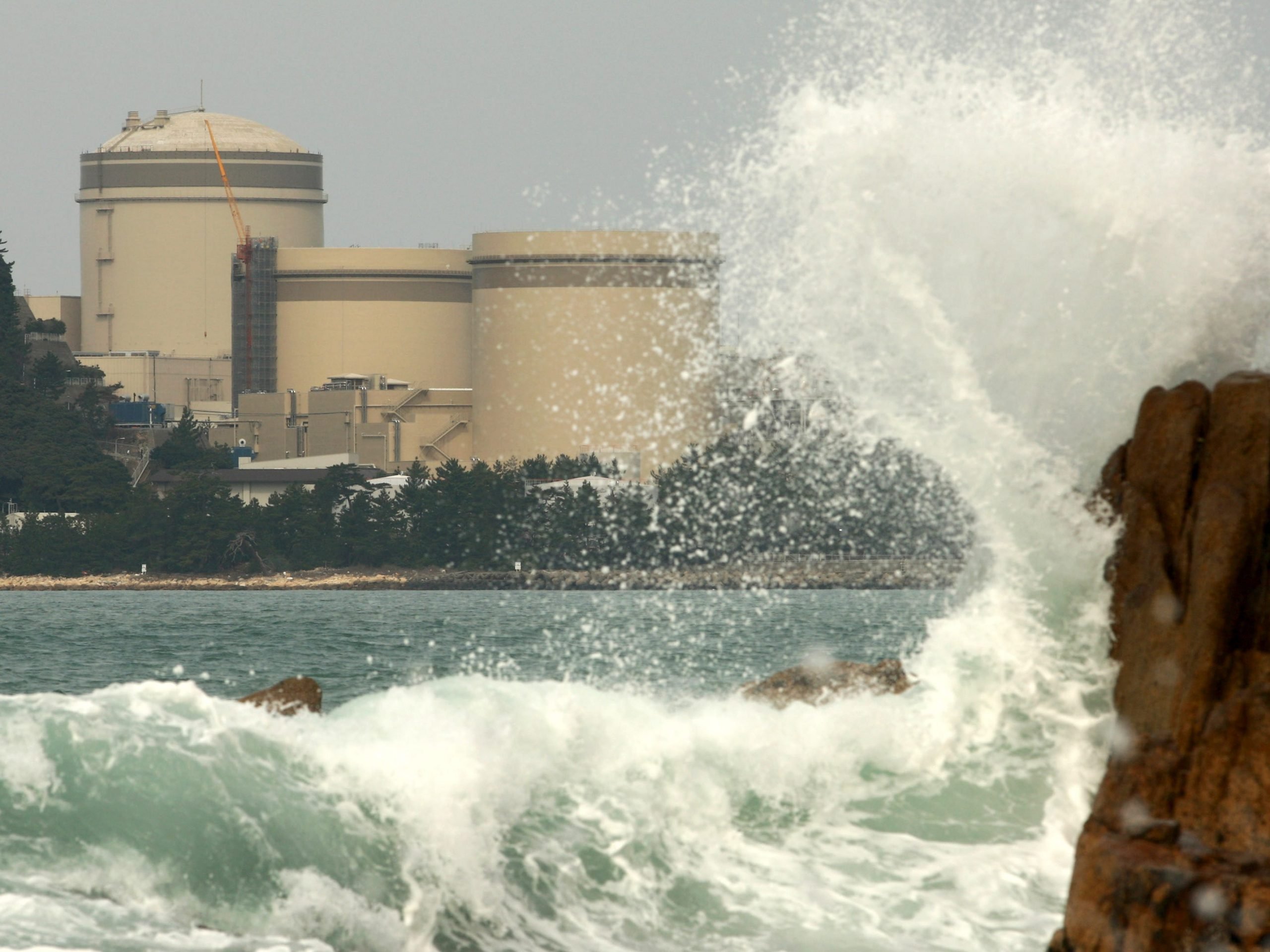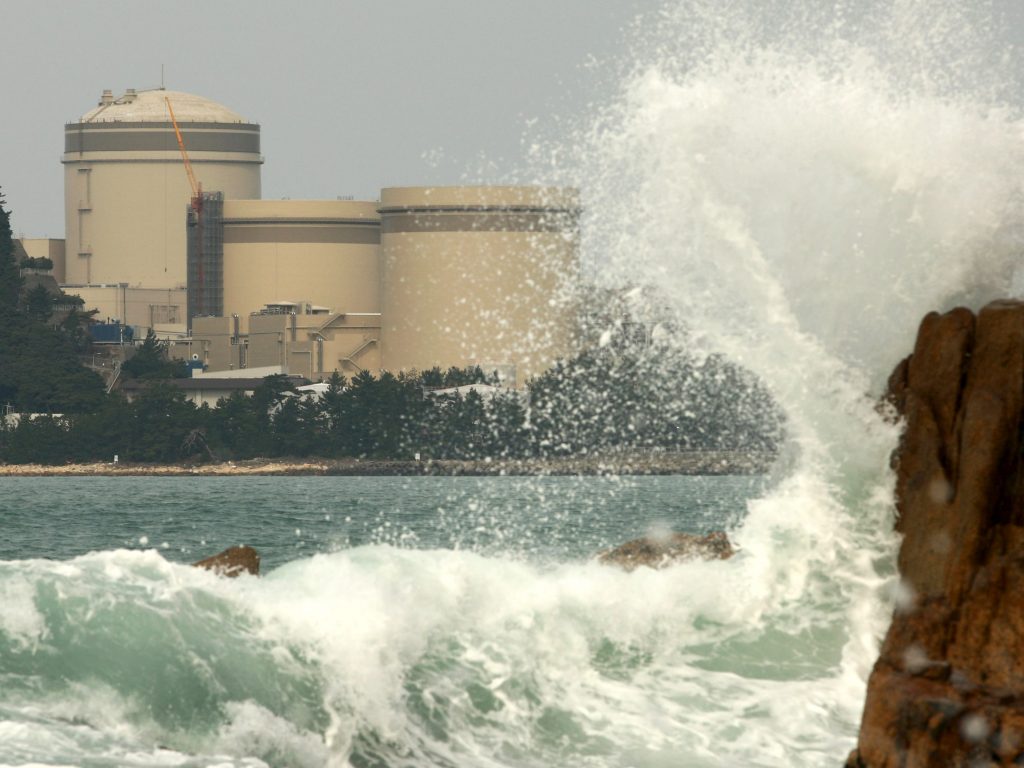
Buddhika Weerasinghe/Getty Images
- Japan is re-starting a 44-year-old nuclear reactor located two hours from Osaka and Kyoto.
- Some energy experts are concerned that history – in the form of the 2011 Fukushima nuclear disaster – could repeat itself.
- The reactor's owners won special approval to extend its lifespan beyond the 40-year limit.
- Visit Insider's homepage for more stories.
An 44-year-old nuclear reactor way past its prime is rumbling to life again, and Japan's energy experts are sounding the alarm.
The reactor is located two hours from the major southern cities of Osaka and Kyoto and is run by Kansai Electric Power. Per a report by the Korea Times, one reactor at the power company's Mihama station was re-started at 10 a.m. local time on Wednesday.
The Korea Times noted that this is the oldest reactor to be re-booted since the 2011 Fukushima disaster and that its owners required special approval to extend its lifespan beyond the 40-year limit. The Mihama reactors have been shut down for more than a decade, per a Bloomberg report.
But energy experts warn that history could repeat itself. The Fukushima plant was commissioned in 1971, and its reactors were 40-years-old at the time of the March 11, 2011 meltdown, which killed nearly 20,000 people in northeastern Japan.
Speaking to Reuters this week, Tatsujiro Suzuki, a former deputy chairman at the Japanese government's Atomic Energy Commission, said he had his doubts about the approval process for the Kansai reactor's re-start.
"It looks like the industry and the government have not learned the lessons of Fukushima," said Suzuki, who is currently an advisor to a parliamentary committee on nuclear safety.
Suzuki referred to a 2019 scandal, where executives from Kansai Electric were taken to task for pocketing over $3.2 million in gifts from town officials who hosted the company's nuclear plants.
"They haven't changed, that's my impression, despite the scandal involving kickbacks," Suzuki told Reuters.
Tokyo University professor emeritus Kiyoshi Kurokawa, chairman of the National Diet of Japan Fukushima Nuclear Accident Independent Investigation Commission, also expressed concerns about the reactor whirring to life.
"It's always important to ask what are the sanctions for bad corporate behavior. If there are none, and in Japan there are none, then oversight is meaningless," Kurokawa told Reuters.
